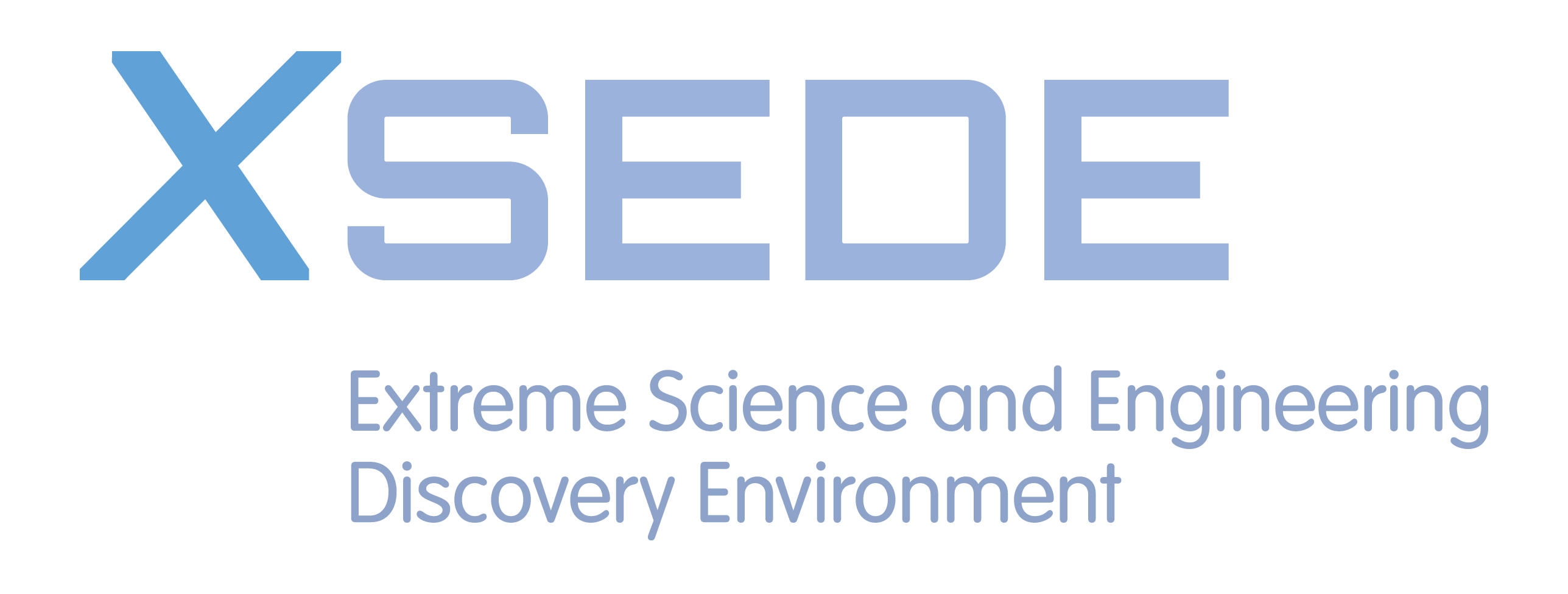
Foundations of Bioinformatics
(BGGN 213, Fall 2017)
Overview
Bioinformatics is driving the collection and analysis of big data in the biosciences. This course is designed for bioscience graduate students and provides a hands-on introduction to the computer-based analysis of genomic and biomolecular data.
Major topics include:
- Genomic and biomolecular bioinformatic resources,
- Genome informatics,
- Structural informatics,
- Transcriptomics,
- UNIX for bioinformatics, and
- Bioinformatics data analysis with R.
A detailed listing of all lecture topics is available and includes a guest lecture from a genomic scientist at Illumina Inc., Synthetic Genomics Inc., Human Longevity Inc., or the La Jolla Institute for Allergy and Immunology subject to student voting preferences.
Students completing this course will be able to evaluate new genomic and biomolecular information using existing software and gain experience in combining bioinformatic approaches to answer specific biological questions. For further details please see our complete list of course objectives and specific learning goals.
Audience:
Bioscience graduate students and others familiar with basic molecular biology concepts. No formal programming training or high level mathematical skills are required.
Accessibility:
We are committed to making this course accessible to everybody. Please contact Prof. Grant bigrant@ucsd.edu if you have questions regarding room accessibility.
Requirements:
Participants must bring a laptop with specific software installed.
Schedule:
Lectures are on Tuesday and Thursday at 9:00 - 12:00 pm in Warren Lecture Hall 2015 (WLH 2015) Map (UCSD Map Bldg #625). These lectures will include hands-on sessions requiring both individual and small group based computational work. A detailed lecture schedule with class related material is provided online.
Class announcements:
All announcements regarding the course will be by email to your UCSD address.
Office hours & location:
Office hours will be held on Wednesday 3-4pm each week in the Center for Neural Circuits, Room 115, Office suite 104. Map.
From week 3 onward Barry will hold an additional informal office hour from 1-2pm at the Mandeville coffee cart (a.k.a. Art of Espresso) Map. If you can’t make either of these please email me for a time and we will make it happen.
Textbook:
There is no textbook for the course. Lecture notes, homework assignments, grading criteria, pre-class screen casts and required reading material will be available from this public facing course website.
Syllabus:
A detailed syllabus with topic outlines and learning goals is available for download.
Surveys:
Please help us improve this course by completing by completing these surveys before and after the course. Thank you!
Acknowledgments:
In addition to working on personal laptops we will also be using remote supercomputing resources for analyzing bioinformatics data at scale. Our use of these resources is kindly supported by NSF/XSEDE grant allocation TG-BIO170077.
To further support learning data analysis with the R environment we gratefully acknowledge support from DataCamp. DataCamp are providing our enrolled students with access to over 300 hours of data science videos and interactive coding challenges aimed at strengthening their data science skills.
Selected screencast videos
These short (sub 10 minute) videos are available for students to watch before class and are designed to help address potential variability in student background knowledge and aid with class inclusivity.
See Screen Cast Videos for more




